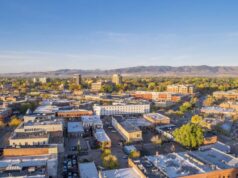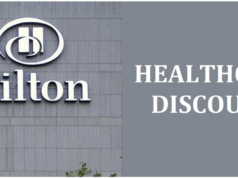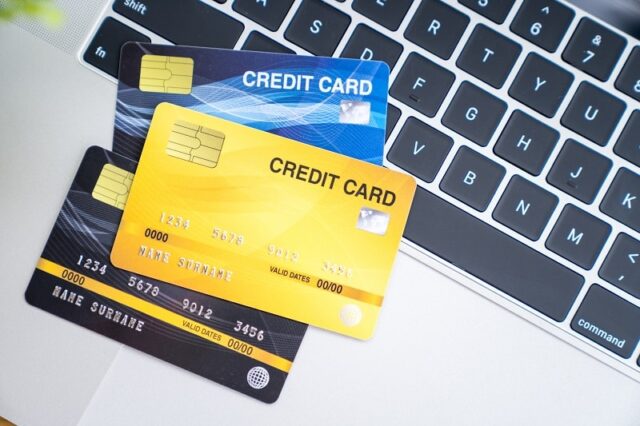
Are you in search of an easy credit card debt solution? You aren’t alone. About 47% of Americans were carrying credit card debt as of March 2020. So, what do you do whenever your credit card debt gets overwhelming?
You can enlist the services of a credit counselor to create a plan for finance management. However, many Americans look to debt settlement for a quick fix is the preferred route.
Debt settlement is among the best debt reliefs for most people in the US, and debt relief options are many out there. However, sorting through them and determining whom you can trust might be challenging.
Below are the credit card debt relief pros and cons.
Advantages of a Debt Relief Program
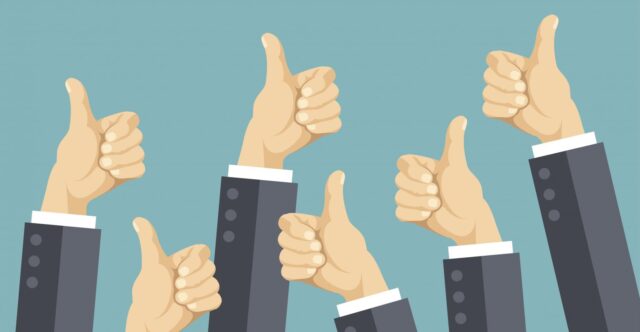
They Could Help The Borrower Get Over The Debt In A Specified Period
Debt relief is a kind of creditor settlement. You’ll pay back the debt in several payments. This usually is much less what you owe. Most credit card debt relief programs require that borrowers stop paying their debts until they have saved a specified amount of cash. After this, you contact the debt relief program to negotiate how you’ll pay the debt back in multiple much lower payments than the total amount. Most of these programs can also restructure the monthly payments to ensure they are affordable to help the borrower clear the debt without negatively impacting your current finances.
You Could Apply For Credit Again After You Finish The Program
Applying for debt relief doesn’t affect the borrower’s credit score. The actions that your creditors take in response might have a severe impact. Some individuals and households may experience a rise in their credit scores due to changing debt structures. Though the accounts will close, finishing the repayment process will help you apply for new credit when you get free of the unsecured debt. You must remember that you must make all the payments on time for the debt relief to work.
Debt Relief Creates A Structured Plan For Borrowers
Following a debt relief plan you’ve created yourself requires discipline and strategy. Some households can achieve this with no help. For borrowers with considerable debt amounts, their inability to manage the monthly payments might be a part of why they got in this situation in the first instance.

Figuring out the repayment process can be a challenge. Therefore, adhere to a strict savings plan, and decide which debts need to be repaid first. If a debt relief program approves your application, the process above is taken care of on your behalf. You’ll pay an agency that helped you negotiate for lower amounts when they send the money to your creditors.
The Debt Relief Program’s Representatives Negotiate On Behalf Of The Borrower
Most people find it challenging to negotiate with their creditors since the initial reaction isn’t usually what they want. However, debt relief is an ongoing process where failure is also possible.
By working with a debt relief program like FreedomDebtRelief, you will have access to a team of skilled negotiators with the necessary experience of dropping your debt. This is an advantage that takes most of your frustrations and hassles away from a stressful and challenging situation.
Since most programs also work with many debts from multiple accounts, they have higher leverage with creditors since they can provide bulk deals for several accounts. Hence, you’ll often get a better settlement.
The Program Can Help You Avoid Bankruptcy
Filing for bankruptcy might be the last thing you want to do. It’s a lengthy, costly, and damaging process. Bankruptcy will stay on your credit report for up to 10 years, making it difficult to borrow money, rent an apartment, and even get a job. A debt relief program helps you avoid all these negatives and get back on your feet without the stigma of bankruptcy.
Debt relief allows you to repay your debt without damaging your credit score. If you complete the settlement process, you will have a better credit score than if you had filed for bankruptcy.
Disadvantages of Debt Relief
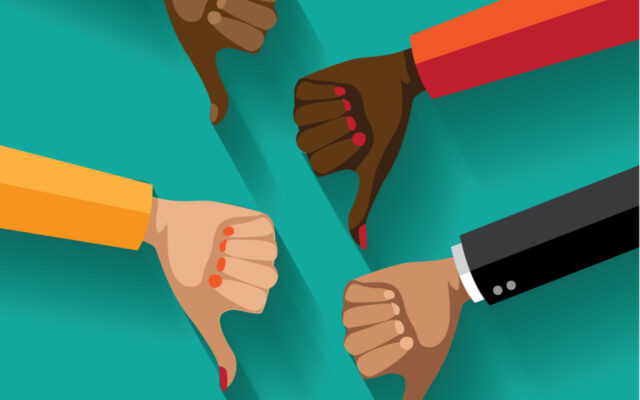
You’ll Go Back to Where it All Started When You Miss One Payment
Debt relief only works when you can make timely payments always while trying to handle your obligations. Whenever you miss a payment, even by a single day, that can be a reason enough to remove you from the program permanently. You’ll most likely lose the benefits, meaning you again owe the entire balance. Falling out of a debt relief program means that you aren’t qualified to apply for another debt relief.
Not Everybody is Eligible for Debt Relief
For a household or an individual to be eligible for debt relief, a minimum amount of debt is usually required. Debt relief is typically meant for managing significant debt amounts because the creditor might not settle the smaller amounts that the debtor could pay off quickly. You also need to have unsecured loans to leverage debt relief; federal student loans cannot qualify for these programs either. Vehicle loans and mortgages are secured loans and are exempt.
Keeping Track of How Your Payments are Progressing
In most debt relief programs, you are required to send the money to the company working on your behalf instead of paying your creditors directly, meaning that it is up to you to ensure the program allocates your money appropriately. Remember, it will only take one bad debt relief program to create considerable financial trouble for you. Thus, you must verify independently that you are working with a good company. There are some bad actors out there. Look for an accreditation from the AFCC, or similar organizations. Check with the Better Business Bureau and your state’s attorney general office.
Being in A Debt Relief Program May Not Help Your Credit Score
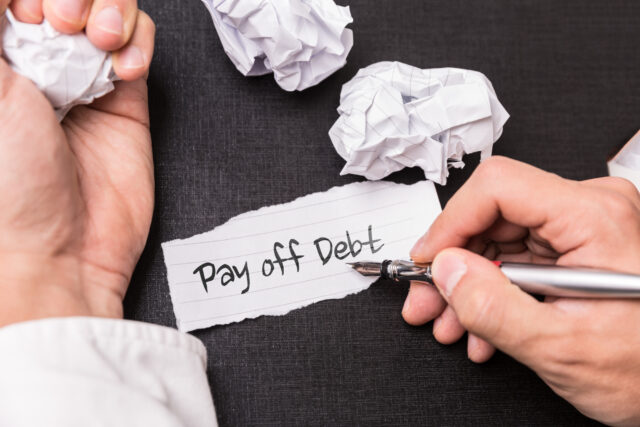
Upon enrollment, you allow the organization to negotiate with your creditors on your behalf. The two will agree on a deal that will enable you to clear your debt, for less than what you owed. After settling this amount, your credit record indicates, “settled in full” rather than “paid in full,” which may impact your credit score.
It isn’t unusual for your personal loans and credit cards to close your accounts as part of the debt relief process. This means that you’ll no longer be able to submit financing options or make purchases through the lender, even after settling the debt. Closing multiple accounts might also have a negative effect on your credit scores.



